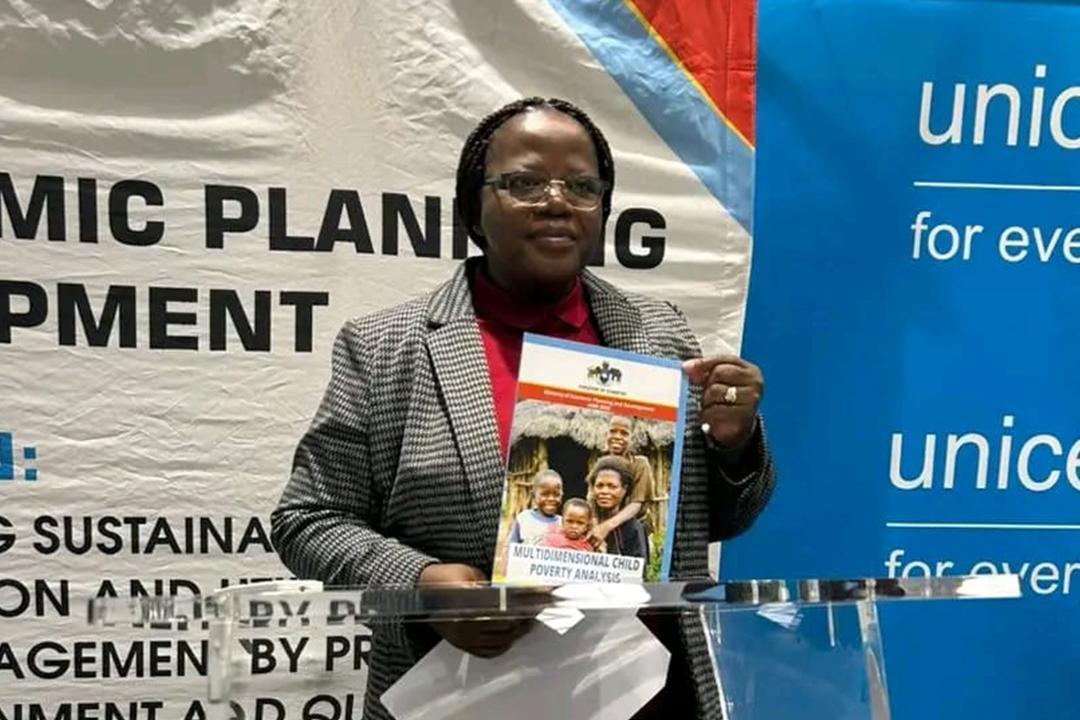Africa-Press – Eswatini. The Government of Eswatini has renewed its commitment to ending child poverty following the official launch of the second Multidimensional Child Poverty Analysis Report. The dissemination workshop took place today at Hilton Garden Inn in Mbabane, where stakeholders gathered to explore the latest data and plan a stronger, united response.
Delivering the keynote address on behalf of the Honourable Minister for Economic Planning and Development, Dr. E.T. Gina, Principal Secretary Thabsile Mlangeni described the report as a powerful tool that offers clear direction for policy and action. She emphasised that child poverty is not just a statistic but a pressing challenge that affects real lives and demands immediate, collaborative solutions.
The report reveals that 46.6% of children in Eswatini are deprived in three or more dimensions of wellbeing, including access to nutrition, health, education, water and sanitation, housing, protection, and information. The findings highlight stark disparities between urban and rural areas, with child deprivation highest in rural communities at 51.8%, compared to 23.1% in urban areas. Among the four regions, Lubombo shows the highest rate of child deprivation at 55.4%, while Hhohho records the lowest at 39.5%.
Despite these figures, the Ministry struck an optimistic tone, focusing on how this analysis will guide impactful interventions. Mlangeni noted that the government is already strengthening social protection programmes, improving access to essential services, and creating opportunities for families to increase their income. These efforts aim to ensure that no child is left behind, and that every child grows up with the opportunity to thrive.
She reaffirmed that the report aligns closely with Eswatini’s National Development Plan and the Sustainable Development Goals, particularly those related to poverty reduction, education, health, and reduced inequalities. The country has set an ambitious target to reduce child poverty from 56.5% in 2016 to 40% by 2027, and the data from this report will play a crucial role in achieving that goal.
Mlangeni conveyed her deep appreciation to UNICEF for its vital technical and financial support during the analysis. She commended the organisation for its ongoing partnership and dedication to advancing children’s rights and wellbeing in Eswatini. She also thanked all the stakeholders who contributed to the development of the report, noting that addressing child poverty requires collective effort across sectors.
She concluded by officially presenting the second Multidimensional Child Poverty Analysis Report and encouraged all development partners, government agencies, and civil society organisations to integrate its findings into their strategies. She called on all actors to use the evidence as a foundation for transformative programmes that will improve the lives of children across the Kingdom.
With renewed energy and informed strategies, Eswatini is taking confident steps toward a future where every child can grow up safe, healthy, and full of promise.
For More News And Analysis About Eswatini Follow Africa-Press







